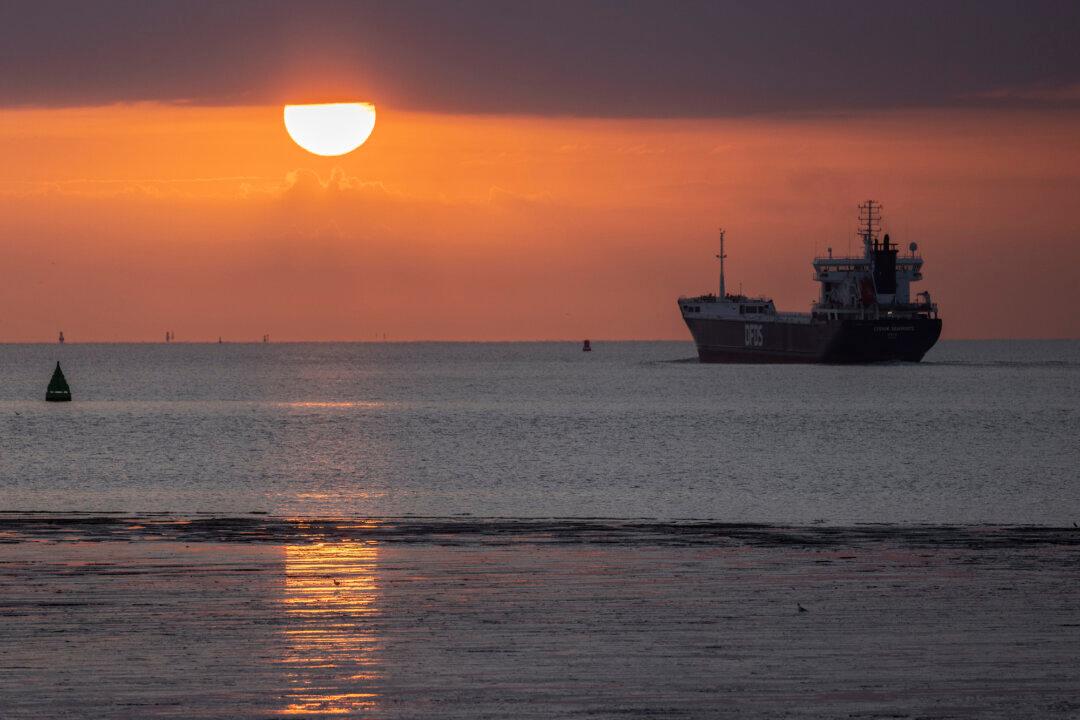A lack of ships is the latest challenge for buyers of liquefied natural gas (LNG) this winter, as Europe prepares for a season without Russian energy supplies and shipping rates are hitting records highs, according to a Bloomberg report.
European countries are actually paying to keep LNG-loaded ships nearby as onshore storage facilities are maxed out. The scramble to charter fleets of ships to carry LNG has sparked fears that many buyers will not have enough ships capable of transporting the fuel from exporters.





